The Future of Boxing at the Olympics: Challenges and Controversies Ahead
The status of boxing at the Olympics is currently facing significant scrutiny following the decision by the International Olympic Committee (IOC) to prohibit the International Boxing Association (IBA) from organizing competitions for the upcoming Paris 2024 Games due to unresolved issues related to governance, finance, and ethics. In response to these challenges, the IOC has implemented a revised qualification format and established the Paris Boxing Unit (PBU) to ensure that boxing remains included in the Olympic program for Paris 2024.
The IOC’s actions reflect an ongoing effort to address transparency and fairness within the sport, amid concerns about controversial officiating outcomes that have plagued previous tournaments. However, the possibility of boxing being excluded from the Los Angeles 2028 Olympics looms large unless substantial reforms and a new governing body are identified, as stated by the IOC. This situation underscores the gravity of the existing irregularities that have cast a shadow over the sport.
Controversy also tainted the boxing events at Paris 2024. Teams from the United States and Great Britain each secured a single bronze medal; Omari Jones and Lewis Richardson achieved this commendable feat in the men’s welterweight category. The tournament was notably marred by the misgendering of two female athletes, Imane Khalif from Algeria and Lin Yu-ting from Taiwan, which drew widespread condemnation. Following a viral video showcasing Khalif’s rapid victory, she faced accusations of being genetically male, a claim linked to the IBA’s earlier disqualification of her due to a failed gender test connected to her medical condition, Swyer syndrome. Despite the backlash, Khalif persevered and clinched the gold medal, fueled by support from her fans.
Lin Yu-ting experienced a similar ordeal, facing the same accusations and ultimately proving her eligibility by also winning gold. Khalif has since initiated legal proceedings regarding the treatment she received during the tournament, which was characterized by widespread misinformation and hostility. In a statement post-tournament, the IOC expressed solidarity with both athletes, emphasizing the need for accurate and respectful discourse regarding their identities.
With the prestigious sport potentially facing exclusion from future Olympic events, questions have arisen about the impact this might have on aspiring amateur boxers, especially those from nations such as Uzbekistan, which has excelled in boxing, securing numerous medals in Paris 2024. Such a development could significantly affect athletes’ motivations if the Olympic dream becomes unattainable.
Moreover, amid an environment where professional boxers are permitted to participate in the Olympics since the 2016 Rio Games, the future for amateur boxers remains uncertain. Should boxing be removed from the 2028 Olympic agenda, a considerable number of amateur athletes may choose to bypass Olympic aspirations for professional opportunities instead. The IOC has clearly stated that national boxing federations must identify a new international governing body in order to avoid the removal of boxing from the Olympic framework. The outcome of these ongoing discussions will ultimately determine the future of this storied sport at the Olympic level and its impact on numerous athletes around the globe.
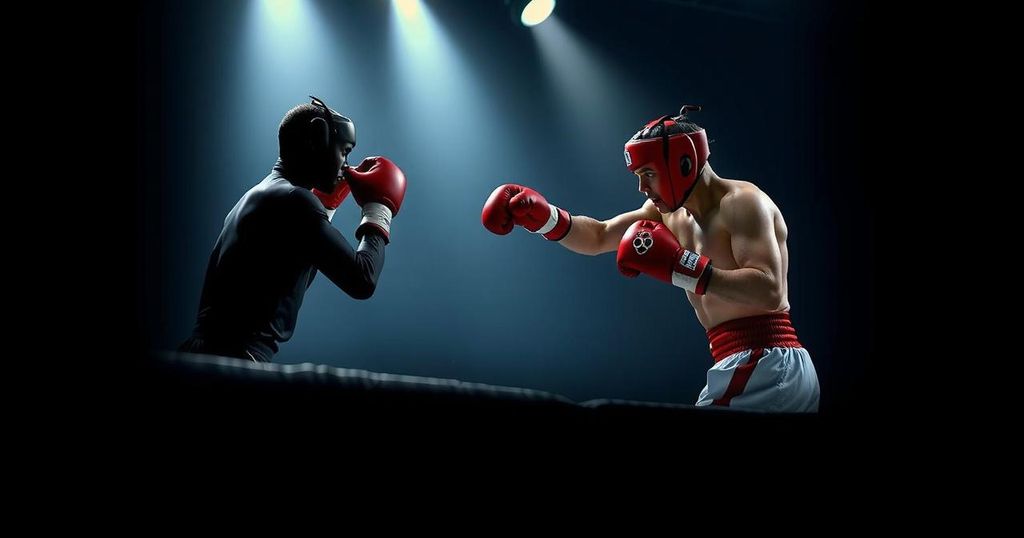
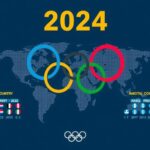



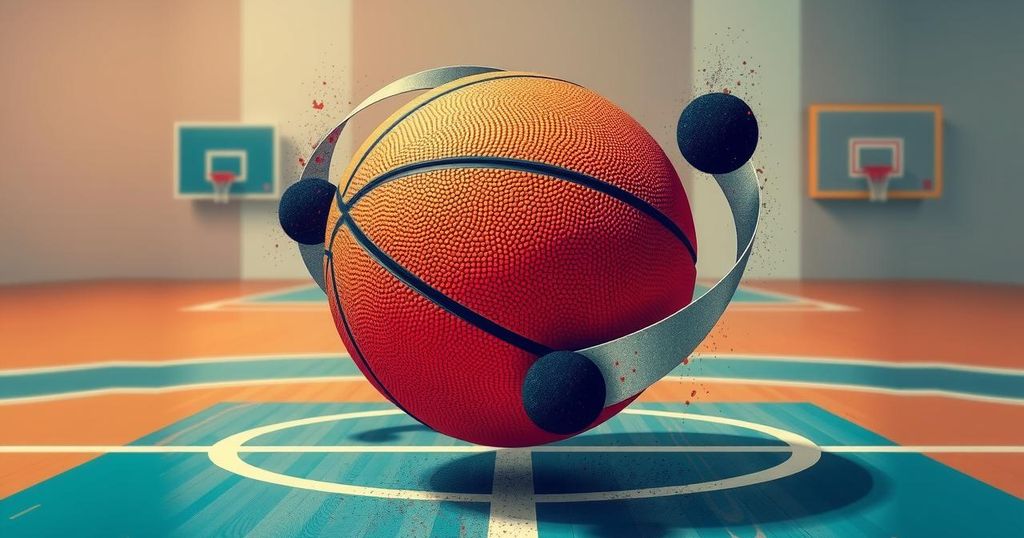
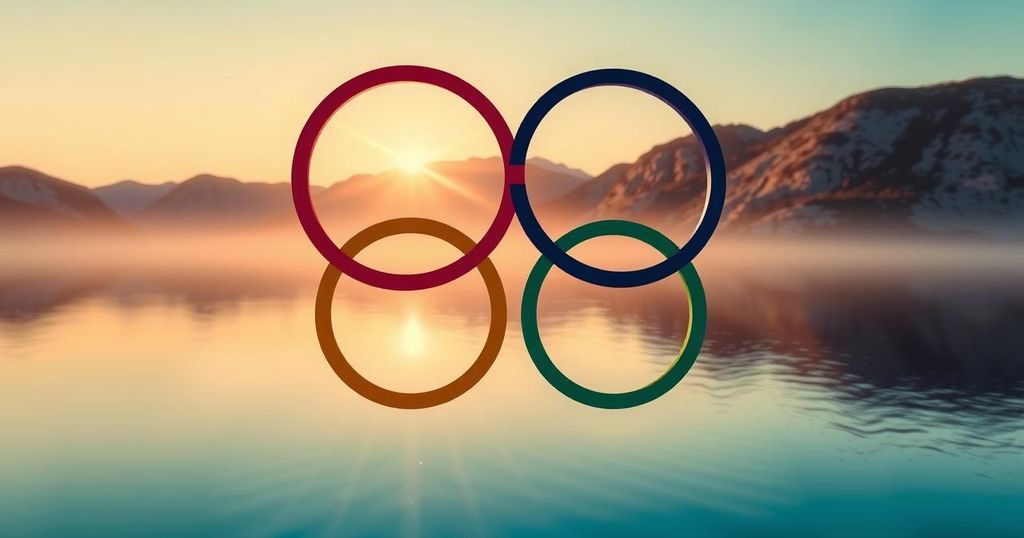
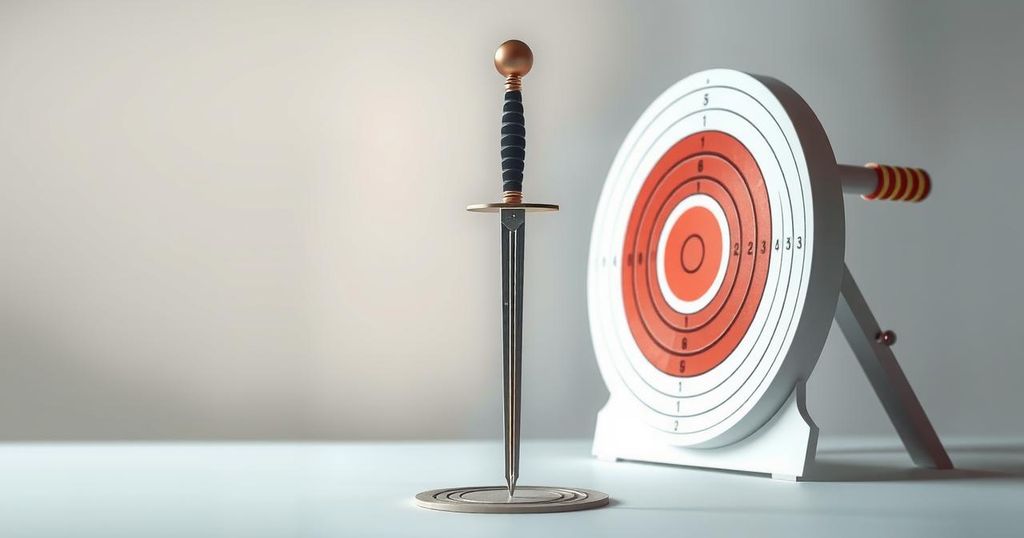
Post Comment